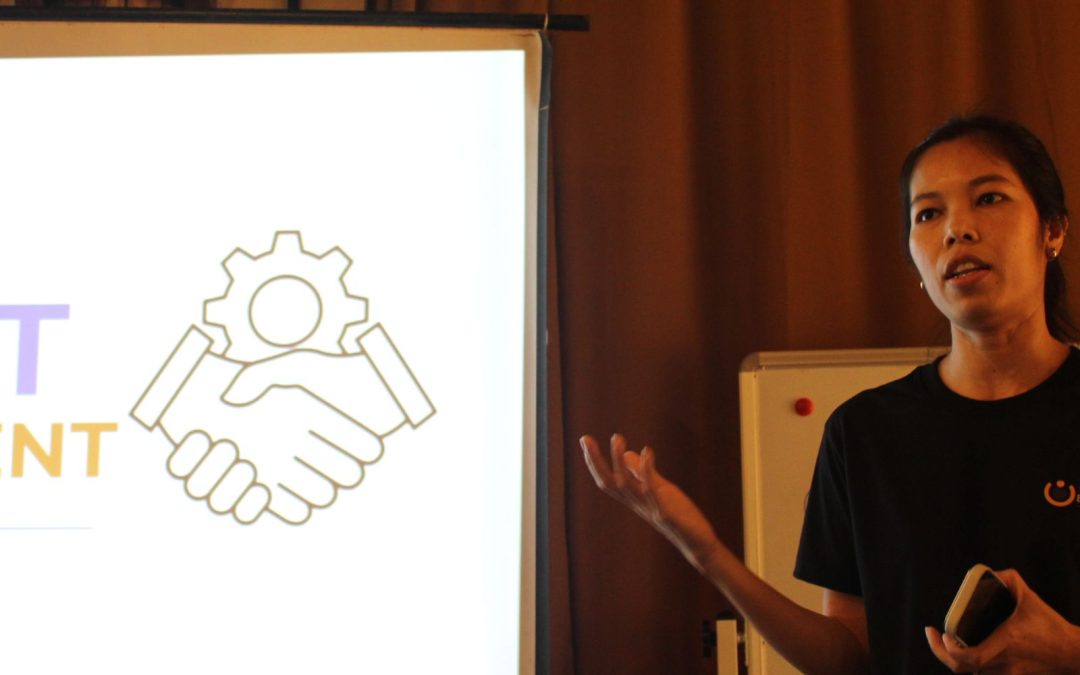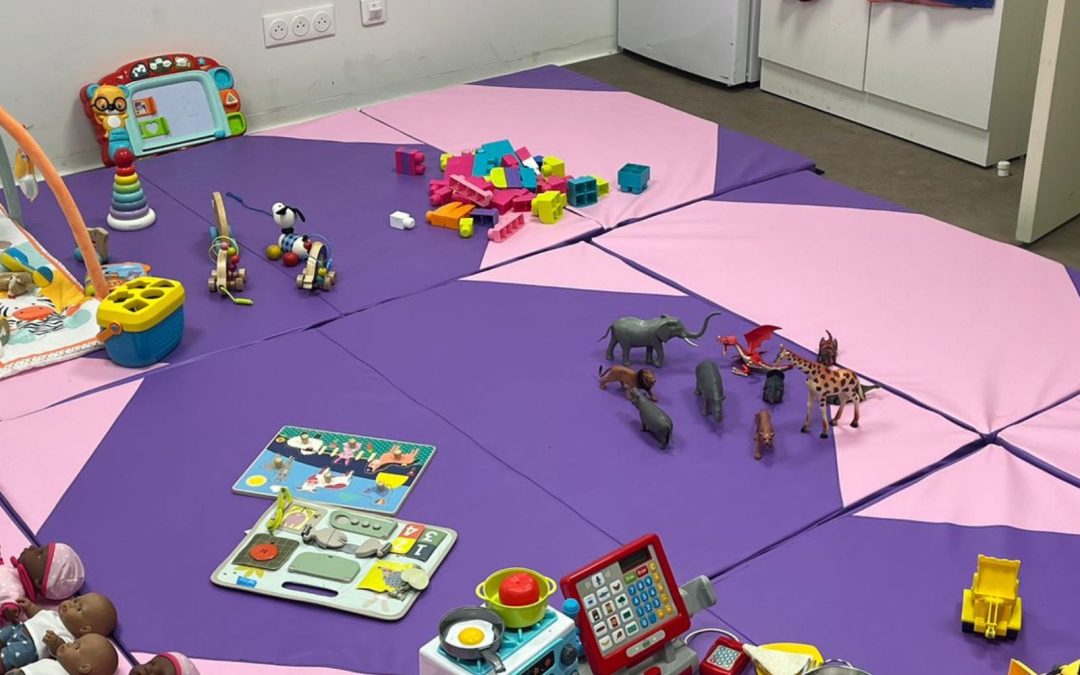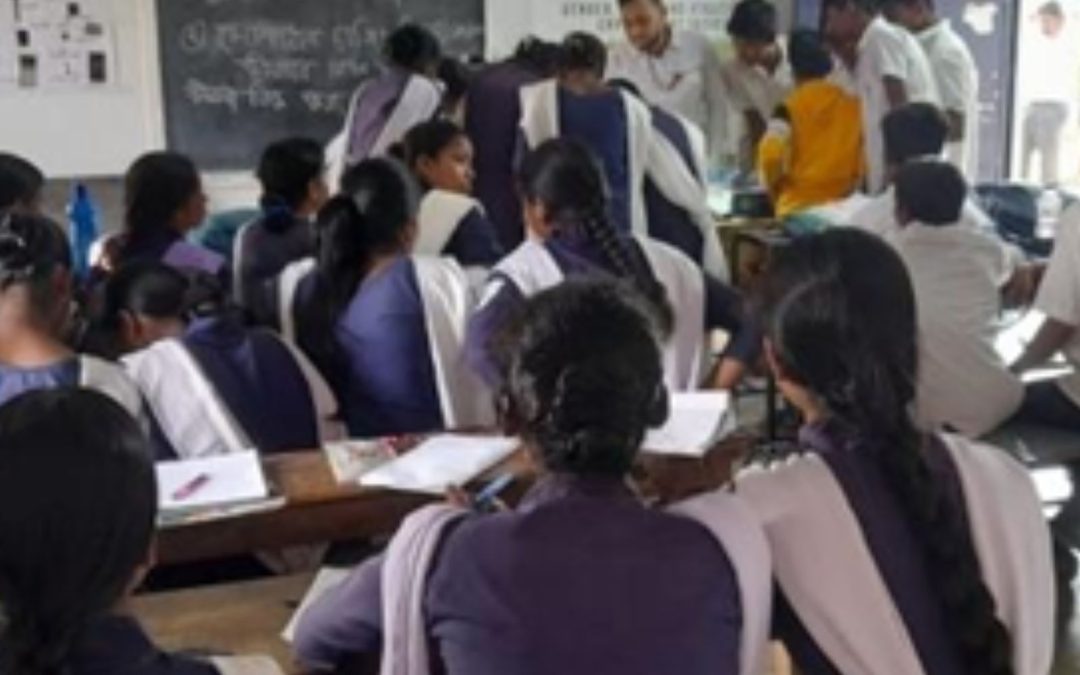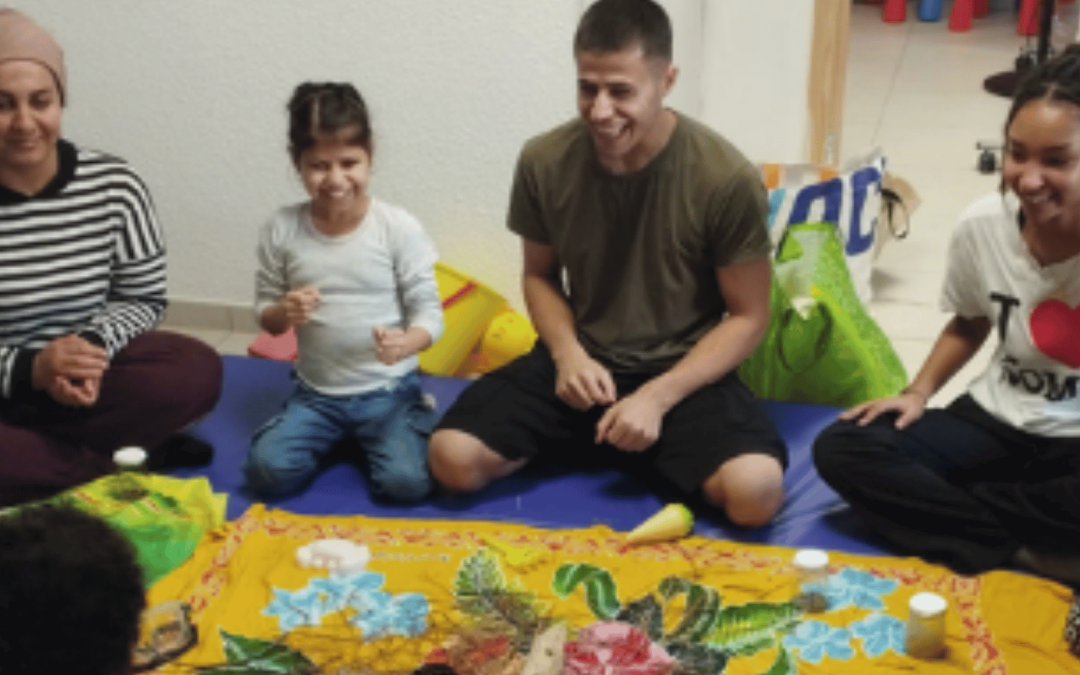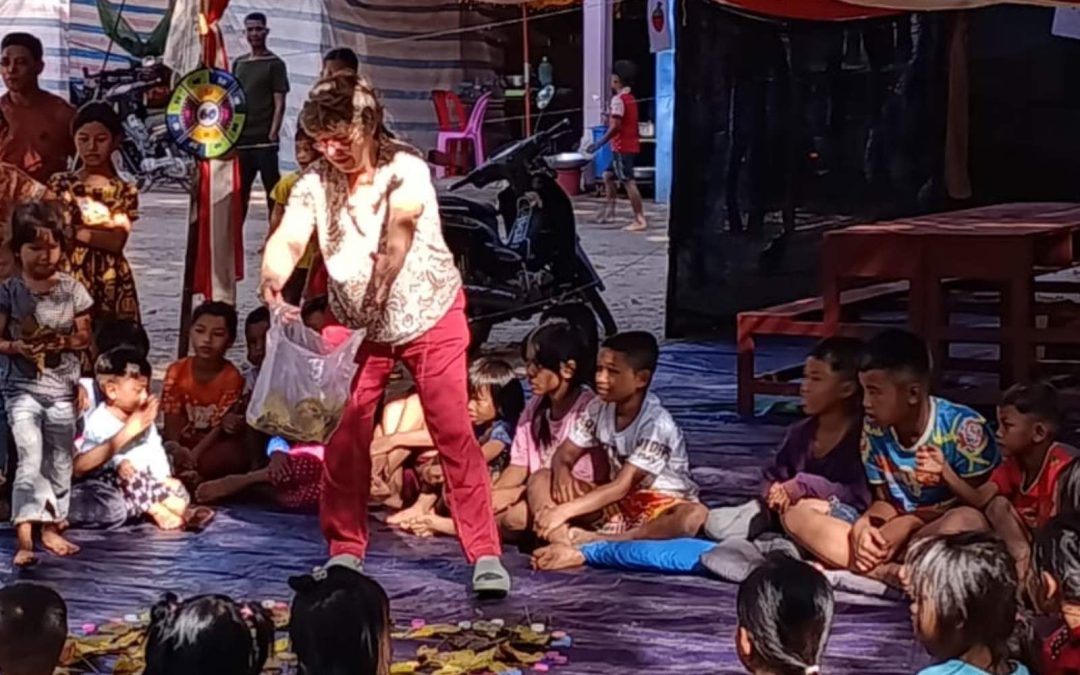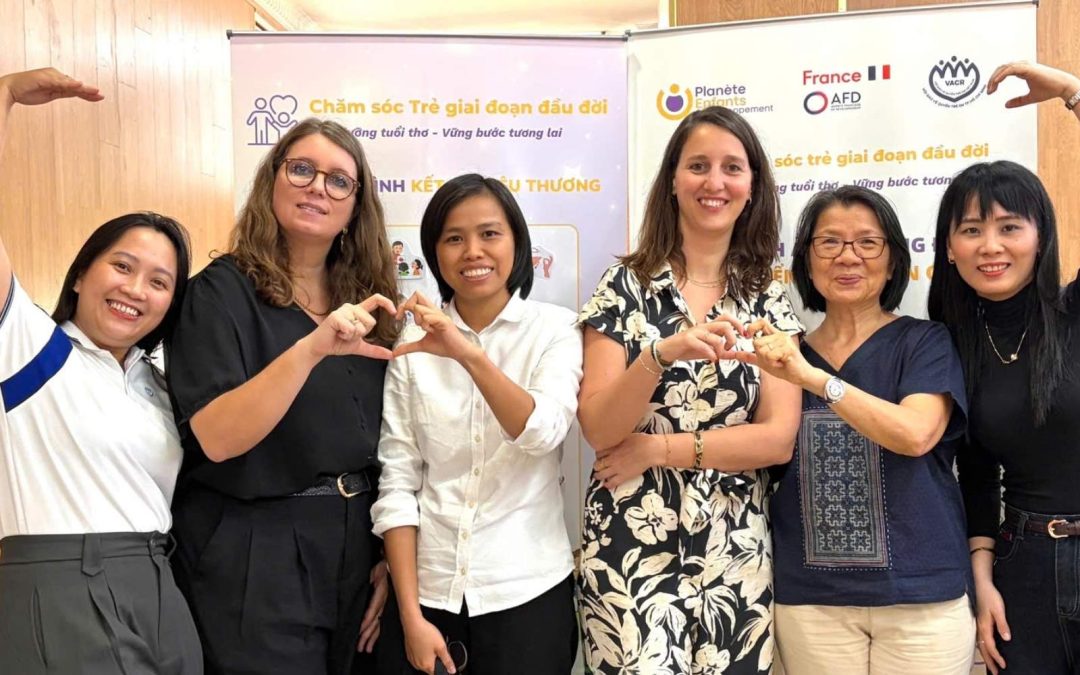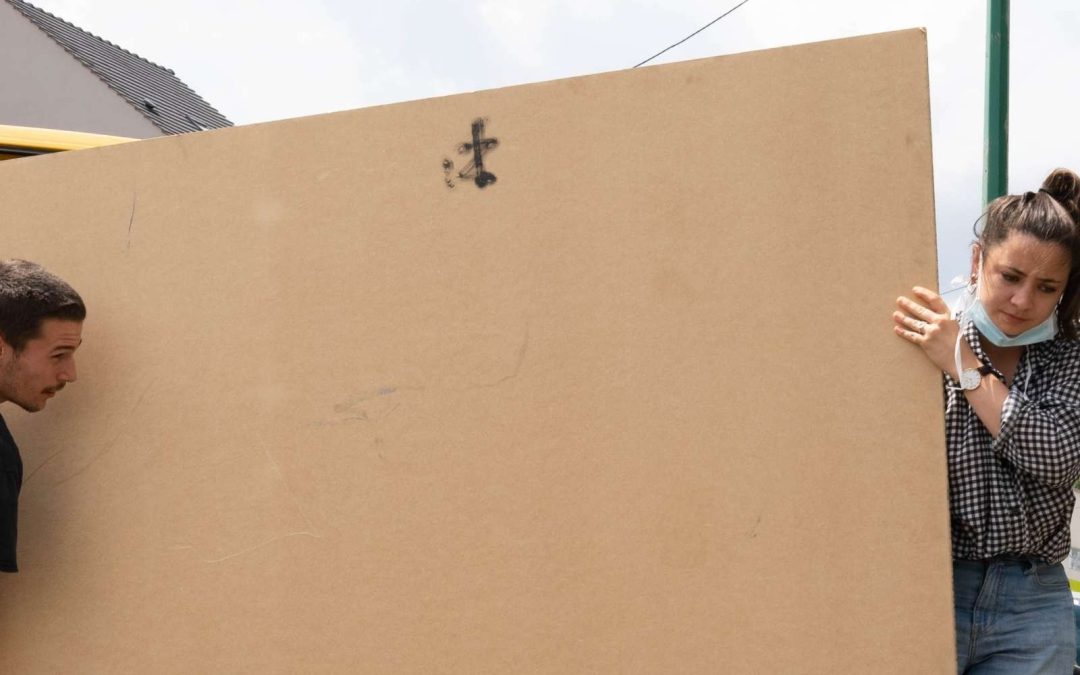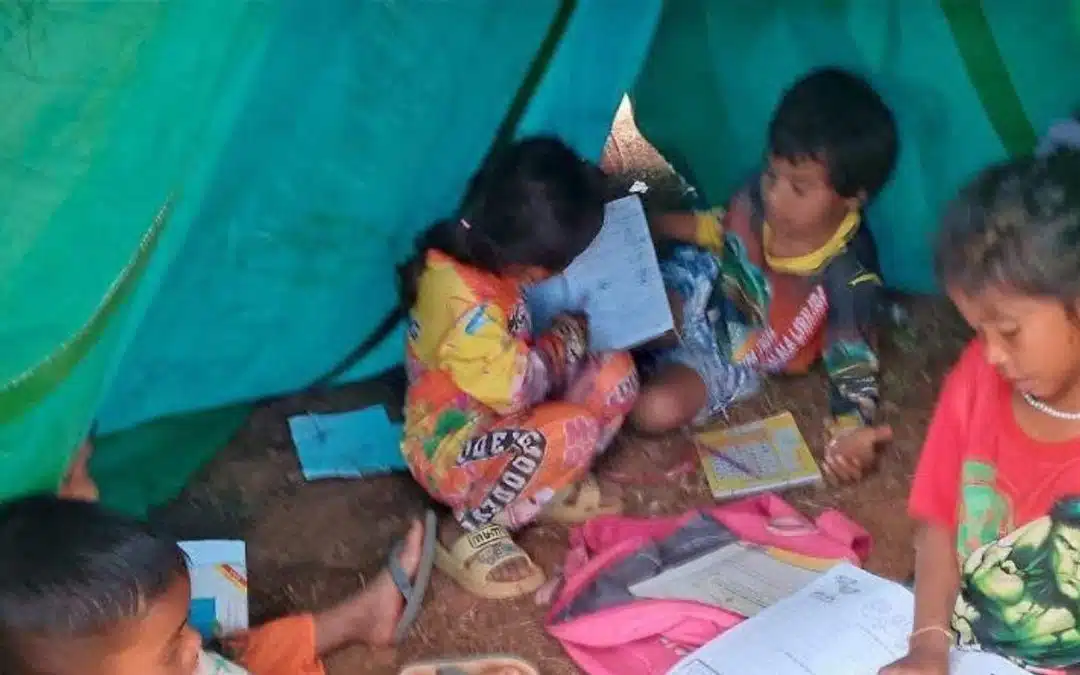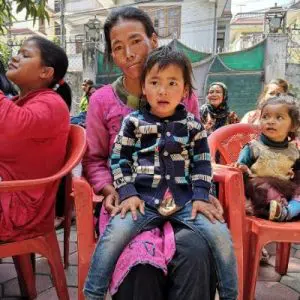 Planète Enfants & Développement launches a study with the F3E to measure the effects of the actions carried out for the protection and empowerment of women in Nepal since 2015. Have the behaviors of the women and men we have accompanied changed? Has their life improved? Evaluating the impact of the activities carried out will help us to improve our practices on current and future projects in favor of gender equality. The study should begin as soon as meetings, which have been restricted due to Covid-19, are possible again in Nepal.
Planète Enfants & Développement launches a study with the F3E to measure the effects of the actions carried out for the protection and empowerment of women in Nepal since 2015. Have the behaviors of the women and men we have accompanied changed? Has their life improved? Evaluating the impact of the activities carried out will help us to improve our practices on current and future projects in favor of gender equality. The study should begin as soon as meetings, which have been restricted due to Covid-19, are possible again in Nepal.
The issues that concern us
The study will be conducted in Dhading district and Kathmandu. Two consultants, a Nepalese woman and a French man, will interview both women and men beneficiaries of the project, but also the local partners, Prayas and Child NepalThey are also members of local authorities who must eventually take on issues related to gender-based violence.
We will focus specifically on understanding:
- if the violence to women have decreased
- if women have gained in autonomy on an economic and financial level
- if girls and women now have greater access to education, and health and education services
- if the actions carried out with the men have had long-term benefits
- if we finally notice other unforeseen and even negative effects
The study will therefore focus, for example, on changes in the distribution of domestic tasks in couples ; at budgetary decision-making in the household or the number of early marriages. In 2016, before the implementation of our activities, Chepang girls were married on average at the age of 16 but some were married as early as 9 years old.
The study will also analyze the degree of emancipation acquired by women and the more egalitarian behaviors adopted by men.
Why a study?
Since 2015, the Planète Enfants & Développement team in Nepal has been supervising a program to combat violence against women. This program specifically targets theChepang ethnic groupOne of the most marginalized women in the country, who lives in Dhading in a rural area, but also many women in the so-called "leisure" sector (bars, massage parlors, etc.), victims of sexual exploitation in Kathmandu, the capital.
This program focuses on all the spheres of daily life that convey stereotypes and inequalities between women and men and that represent an obstacle to the emancipation of women: the education of young girls, the sensitization of men on the subject of domestic violence, the psycho-social accompaniment of women who are victims of domestic violence or the training of women on the management of a family budget and the creation of businesses.
In 2018, 77% of our beneficiaries were women and girls. We have at heart to realize this study after 5 years of activities in favor of their emancipation to evaluate the success and the chess of the project, observe the behavioral changes on the long term and complete our expertise, on this subject.
May 12, 2020

